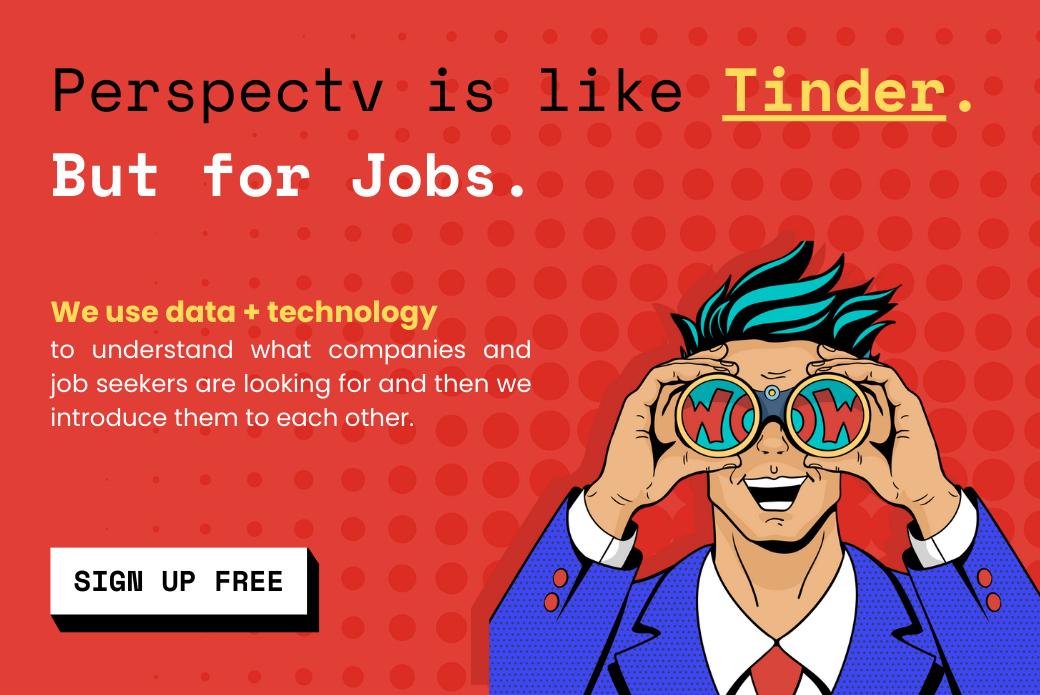Adaptability Interview Questions and Answers: A Complete Guide for Employers
Adaptability Interview Questions and Answers are essential tools for employers looking to hire candidates who can thrive in dynamic, ever-changing work environments. In today’s fast-paced job market, flexibility and the ability to adjust to new challenges are critical traits for success.
This article will guide you through 10 essential adaptability interview questions designed to help you assess how well candidates handle change, how flexible they are in problem-solving, and how they collaborate under evolving circumstances.
Why Is It Important to Test Adaptability Skills in Interviews?
The modern workplace is ever-evolving, with industries, technologies, and market demands constantly shifting. Employees who can adapt quickly and effectively help businesses stay competitive and agile. Adaptability is key for those who:
- Stay calm and effective under pressure
- Embrace new tools and techniques
- Tackle unexpected challenges head-on
- Collaborate well with new team members and work styles
The following interview questions will help you evaluate how candidates navigate these unpredictable conditions, deal with change, and help your organisation grow.
Top 10 Adaptability Interview Questions (and Sample Answers)
1. How do you adjust to changes you have no control over?
Example: “If a key team member suddenly quits, how do you adapt?”
This question helps you assess a candidate’s resilience and problem-solving skills when faced with situations beyond their control.
Sample Answer:
“I first assess the situation calmly and focus on understanding the scope of the change. I then re-prioritise tasks, communicate with the team, and ensure that work progresses smoothly, despite the disruption.”
2. If your coworkers are resistant to change, how would you convince them to try a new method?
This question evaluates a candidate’s persuasion skills and their ability to promote positive change.
Sample Answer:
“I would present evidence of the new method’s success by demonstrating how it improves efficiency or results. I’d explain its benefits clearly and show how it aligns with our team’s goals, offering support along the way to ease the transition.”
3. What are the biggest challenges you face when starting a new job?
This question helps gauge self-awareness and how candidates overcome challenges during onboarding.
Sample Answer:
“Understanding the company culture and team dynamics can be a challenge. I focus on building relationships early, asking questions, and seeking feedback to integrate smoothly.”
4. How do you handle sudden changes in project requirements?
This question measures flexibility and the candidate’s ability to realign priorities on short notice.
Sample Answer:
“When project requirements shift, I first ensure I fully understand the new direction. Then, I adjust the project plan, inform relevant stakeholders, and collaborate with my team to meet the new goals.”
5. How do you manage your time when urgent tasks disrupt your schedule?
This question assesses a candidate’s time management and prioritisation skills.
Sample Answer:
“I immediately prioritise the urgent task, breaking it down into actionable steps. Once completed, I re-evaluate my remaining tasks, ensuring any critical items are addressed first while communicating with my manager about any possible delays.”
6. Describe a time when you were assigned new responsibilities. How did you adapt?
This question focuses on how well candidates handle role expansion or job changes.
Sample Answer:
“When I was promoted to team lead, I adapted by delegating tasks efficiently, ensuring clear communication with my team, and seeking feedback from both peers and managers to fine-tune my approach.”
7. How would you prepare your team for new processes or reviews?
This question explores leadership adaptability when new systems are introduced.
Sample Answer:
“I would familiarise myself with the new process and then communicate the changes clearly to my team, explaining the benefits and preparing them with any required documentation or training.”
8. Tell me about a time when you had to learn a new tool. How long did it take?
This evaluates a candidate’s ability to quickly adapt to new technology or tools.
Sample Answer:
“When our company adopted a new project management tool, I attended training and practised using the tool daily. Within a week, I was comfortable navigating it and implementing it into my workflow.”
9. How do you onboard and adjust to new team members and working styles?
This question gauges the candidate’s ability to integrate with new teams effectively.
Sample Answer:
“I make a point to schedule one-on-one meetings with new team members to understand their working style, and I also ensure they have the resources they need. Open communication is key for smooth onboarding.”
10. What drives you to make a career change, and how do you handle unfamiliar tasks?
This question assesses the candidate’s motivation and adaptability in unfamiliar environments.
Sample Answer:
“I’m driven by the desire to continuously learn and challenge myself. While unfamiliar tasks can be intimidating, I approach them with a growth mindset, seeking out learning resources and guidance to adapt quickly.”
How to Evaluate Candidates’ Adaptability Skills
Adaptability is a core skill in today’s fast-moving work environment. Here are some tips to assess how well candidates can adapt to changing situations:
- Behavioural Questions: Focus on asking candidates to describe past experiences where they had to navigate change.
- Observe Attitude: Watch for candidates who maintain a positive, solution-focused approach in their responses.
- Look for Flexibility: Candidates who can handle ambiguity, collaborate well, and think critically are often more adaptable.
Red Flags to Watch for During Adaptability Interviews
- Reluctance to Change: Candidates who are unwilling to consider new methods or solutions may struggle in dynamic environments.
- Fear of the Unknown: If a candidate seems nervous about taking on new tasks or responsibilities, they may have trouble adjusting to fast-paced roles.
- Poor Teamwork: A candidate who isn’t flexible enough to adapt their working style for the team’s benefit may struggle with collaboration.
- Negative Attitude: Those who consistently complain or shift blame when faced with change are unlikely to thrive in dynamic workplaces.
Frequently Asked Questions About Adaptability Interviews
What are the top adaptability interview questions?
Top questions include how candidates handle unexpected changes, their approach to learning new tools, and how they adjust to new team dynamics.
How should HR professionals prepare for an adaptability interview?
Focus on the candidate’s background, ask behavioural questions, and assess both their answers and their overall attitude toward change.
What are the key qualities of an adaptable candidate?
Resilience, proactive problem-solving, and strong communication are crucial qualities in an adaptable candidate.
How can candidates demonstrate adaptability during an interview?
By sharing specific examples of navigating change, showing enthusiasm for learning, and maintaining a positive attitude toward new challenges.
Conclusion: Why Adaptability is Essential in the Modern Workplace
In a world of constant technological advancements and shifting industries, adaptability is no longer just a desirable trait—it’s essential. Candidates who can adapt quickly to new environments, tools, and challenges not only contribute to business growth but also foster a positive, resilient work culture.
By using these interview questions and techniques, you can identify adaptable candidates who will thrive in your organisation.




